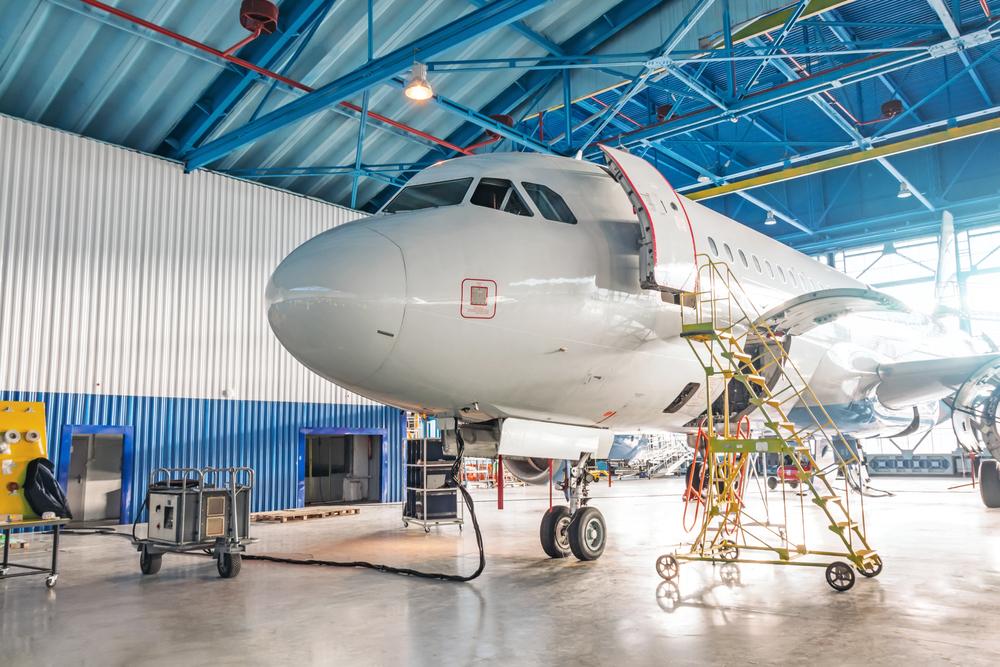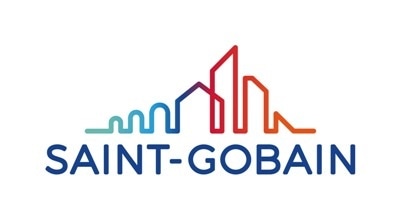Components and materials utilized in aircraft construction are placed under tremendous pressure.
These components and materials must not only offer exceptional performance, but they must also conform to a wide range of often strict safety standards. Every component of an aircraft must be meticulously selected in order to ensure that it can perform its role as safely and effectively as possible.
Silicone rubbers and adhesive tapes employed in aerospace manufacturing are no exception. Located in every major section of an aircraft, these materials often play invisible yet essential roles, ranging from the protection of flooring panels from corrosion to the maintenance of air seals.
These silicone rubbers and adhesive tapes must meet rigid standards that have been set by the Federal Aviation Regulation (FAR), requiring materials utilized in a variety of plane parts to demonstrate flame retardant properties.
This article analyzes the importance of flame-retardant tapes in aerospace manufacturing, and looks at a range of specialist materials and products developed for these applications.

Image Credit: Aapsky/Shutterstock.com
The Need for Strict Fire Safety Regulations in Aerospace Manufacturing
Fires account for approximately 20% of fatalities resulting from airplane accidents.1 Numerous tragic incidents relating to uncontrolled fires in aircraft have resulted in stringent fire-related airworthiness criteria being enforced by regulatory authorities.2
Materials utilized in aerospace manufacturing must generally meet the requirements stipulated by part 25 of the Federal Aviation Regulation (FAR) standards. These standards state that materials used for cargo compartments (FAR 25.855), compartment interiors (FAR 25.853), and acoustic or thermal insulation (FAR 25.856) should be able to withstand thorough flame testing.3
Aerospace manufacturers frequently impose their own safety criteria on components and materials used in their aircraft, in addition to those stipulated in the requirements previously mentioned. A number of commercial aerospace companies (including Boeing and Airbus Industries) have introduced standards that are more stringent than the FAR requirement.4,5
Developing Safe Materials for Aerospace Applications
Developing materials that can comply with these safety requirements – like many challenges in aviation - can ultimately be addressed using materials science. A number of silicone rubbers and fire-resistant tapes have been developed for use in aerospace manufacturing, and all of these have been designed to meet and surpass the most rigorous regulations.
Silicone Rubber
Silicone rubber is utilized in a range of critical functional parts in airplanes; for example, insulation, gaskets and sealing. Insulation, gaskets and seals serve vital roles, and as such these applications necessitate the use of high-performance materials. Silicone rubber components should generally be lightweight, and exhibit low toxicity and low outgassing rates. They should also be able to operate in a wide range of temperatures.
Meeting all these essential performance requirements while simultaneously being flame-retardant is particularly challenging; however, Saint-Gobain Norseal Solid Silicone Rubber, Foam Silicone Rubber and Sponge Silicone Rubber have been developed with precisely this in mind. They are ideally suited for interiors such as doorways, vibration dampening, electronic gaskets, environmental seals, and thermal insulation.6
Flooring Tapes
Flooring tapes are essential, yet easily overlooked components in passenger aircraft design. Carpet tape ensures that a robust bond exists between carpet and composite floor panels, while ensuring carpets can be cleanly removed when they need to be replaced.
Products in the Biolink Relink range have been specifically developed for use in airplane cabin floor applications.7 Relink 2318b Aerospace Carpet Tape has been tested and approved by Airbus Industries, and its differential adhesion approach ensures residue-free removal from floor panels and a strong bond to the carpet. It is also available in flame retardant options.
Saint-Gobain can also offer Biolink brand flame-retardant liquid barrier, which can protect composite flooring panels against moisture ingress as well as corrosion or damage that may occur during routine aircraft use.
Wire Harness Tape
Planes need a lot of wiring. A Boeing 747, for example, will require approximately 150 miles of wire in total, while the Airbus A380 contains more than twice this amount. Wire harness tape is a cornerstone of any aerospace toolkit, helping ensure that these kilometers of cable are properly insulated, organized, and protected from abrasion.
Saint-Gobain manufactures a wide range of high-performance insulating tape, designed for an array of wiring applications. One such example - CHR 2255 - is a military-grade high-modulus PTFE tape that is coated with high-temperature silicone adhesive. CHR 2255 offers excellent heat resistance and dielectric properties, making it an ideal choice for protecting and insulating airframe wire harnesses.8
When an application requires superior abrasion resistance, CHR 2915-7 is an ideal option. CHR 2915-7 is a fiberglass cloth tape that delivers greatly improved tensile strength, as well as a wide operational temperature range and superb dielectric properties. CHR 2915-7 is ideal for even the most demanding aerospace applications.9
Customized Solutions
Aerospace manufacturing is an industry that employs some of the most advanced materials and technology in the world, and it is constantly evolving. Because of this, new use cases are always arising, calling for the development of new high-performance tapes that may not yet be commercially available.
Saint-Gobain Tape Solutions has a dedicated custom solutions team, committed to these specialized applications. This team can co-develop solutions to meet customer requirements, while ensuring that all relevant regulatory standards are adhered to.
With over 50 years of experience, Saint-Gobain Tape Solutions has a long history of working with suppliers and manufacturers to bring novel tapes to life.
References and Further Reading
- Lyon, R. E. Materials with reduced flammability in aerospace and aviation. in Advances in Fire Retardant Materials 573–598 (Elsevier Ltd, 2008). doi:10.1533/9781845694701.3.573
- Airbus | Safety first #25. Available at: https://safetyfirst.airbus.com/app/themes/mh_newsdesk/pdf/safety_first_25.pdf. (Accessed: 27th August 2020)
- Electronic Code of Federal Regulations (eCFR). Available at: https://www.ecfr.gov/. (Accessed: 27th August 2020)
- Govmark | Fire & Flammabity Testing | Boeing. Available at: https://www.govmark.com/pdf/specific-test-lists/specific_test_list_aircraft_airbus.pdf. (Accessed: 27th August 2020)
- Govmark | Fire & Flammabity Testing | Airbus Industries. Available at: https://www.govmark.com/pdf/specific-test-lists/specific_test_list_aircraft_airbus.pdf. (Accessed: 27th August 2020)
- Tape Solutions, S.-G. Norseal® Silicone Rubber Solutions Brochure (BRO) | Saint-Gobain.
- aerospace tapes - aircraft tapes | Biolink. Available at: https://www.biolinktapes.co.uk/applications/aerospace-tapes.html. (Accessed: 27th August 2020)
- Tape Solutions, S.-G. CHR® Tape, 2255, Skived, High-Modulus PTFE (TDS) | Saint-Gobain.
- Tape Solutions, S.-G. CHR® Tape, 2915 & 2916 Fiberglass (TDS) | Saint-Gobain.

This information has been sourced, reviewed and adapted from materials provided by Saint-Gobain Tape Solutions.
For more information on this source, please visit Saint-Gobain Tape Solutions.